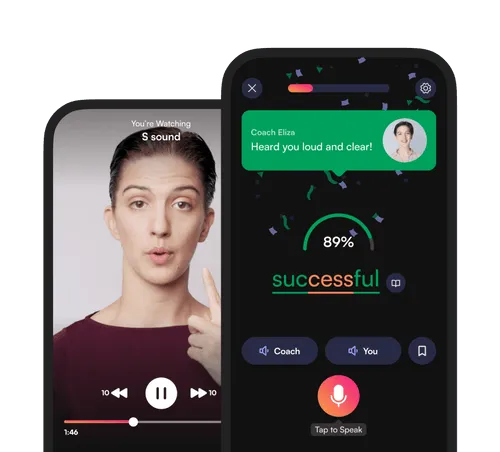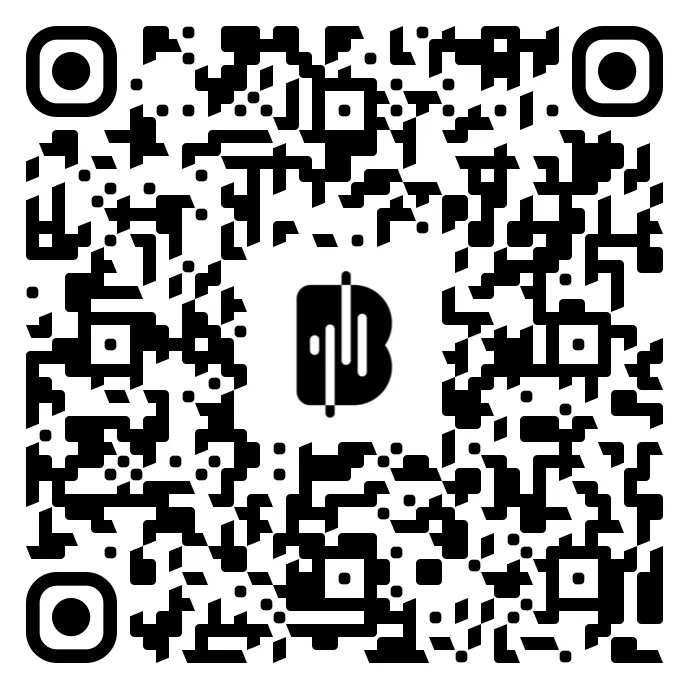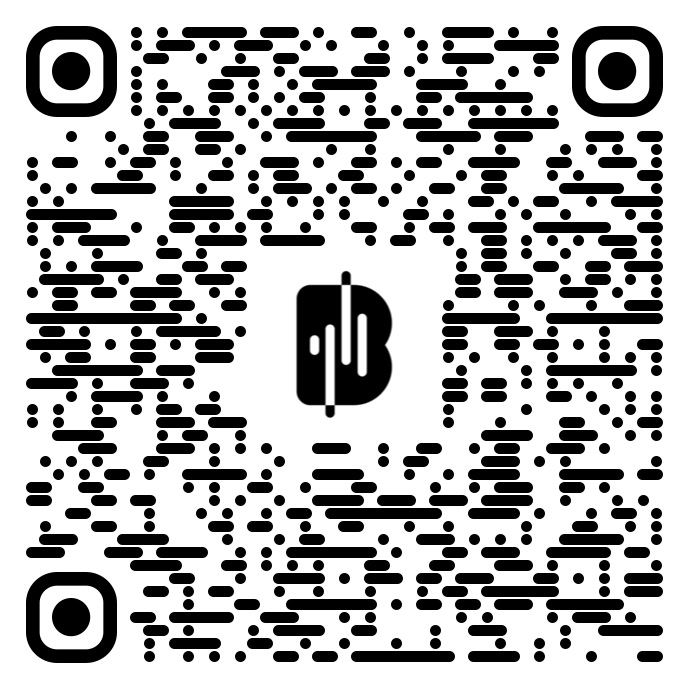Language is a powerful tool that reflects the culture, history, and identity of a society. Idioms, in particular, play a significant role in shaping the way people communicate. In America, idioms are widely used to convey ideas in a simpler and often more succinct way.
An idiom is a group of words whose meaning cannot be deduced from the literal definitions of the individual words. Instead, idioms carry a figurative meaning that is culturally understood by native speakers. These expressions often add color, depth, and cultural context to communication, making them an integral part of language use.
Let's explore the most common American English idioms, how they shape American culture, and how non-native English speakers can incorporate them into daily conversations.
The Importance of Idioms in American Culture Idioms are deeply ingrained in American culture and society. They have the power to evoke emotions, convey complex ideas, and provide a sense of belonging among speakers. Understanding and using idioms is a key aspect of language proficiency, as it allows non-native speakers to communicate more effectively and assimilate into the cultural nuances of American English.
Idioms are omnipresent in American communication, used in all contexts from casual to formal. There are certain business idioms used primarily in the workplace, and others that would be more appropriate among close friends, for instance.
For non-native speakers, incorporating common idioms into their speech offers several advantages. It enhances fluency by making language use more natural and dynamic, allowing speakers to express themselves in a way that goes beyond literal translations and fostering a deeper connection with native speakers by enabling non-native speakers to demonstrate an understanding of cultural context and shared expressions.
While idioms cover a wide range of topics, certain themes are especially common among American English phrases and idioms. These themes include sports, food, parts of the body, animals, and nature. Understanding these common themes can assist non-native speakers in categorizing and memorizing idioms more effectively.
We’ve outlined some of the most popular American idioms, their meanings, and examples of how to use them in a sentence.
Take your free accent assessment Get to know your pronunciation level and get 7 days of lessons for free on the BoldVoice app.
Start Free Trial
Sports-Based Idioms
1. Hit below the belt When you hit below the belt, you are performing an action that showcases unfair or unsportsmanlike conduct.
Example: His comments about her personal life really hit below the belt.
2. Ball is in your court When the ball is in your court, it is your responsibility to make a decision or take action.
Example: I've done everything I can; now the ball is in their court.
3. Jump on the bandwagon When you jump on the bandwagon, you join others in supporting a popular activity or trend.
Example: Everyone is buying the latest smartphone; I might as well jump on the bandwagon and get one too.
4. The whole nine yards The whole nine yards refers to everything – the complete extent.
Example: When planning the wedding, they went the whole nine yards with decorations, catering, and entertainment.
Take your free accent assessment Get to know your pronunciation level and get 7 days of lessons for free on the BoldVoice app.
Start Free Trial
5. Knock it out of the park This means that you have achieved great success or accomplished something exceptionally well.
Example: She really knocked it out of the park with her presentation; everyone was impressed.
6. On the ball To be on the ball is to be alert, competent, and well-prepared.
Example: The team is always on the ball during important matches, and that's why they consistently perform well and win trophies.
7. Throw in the towel To throw in the towel is to give up or surrender.
Example: After hours of trying to fix the issue on his computer, he decided to throw in the towel and call for technical support.
8. Drop the ball To drop the ball is to make a mistake or fail to do something.
Example: I really dropped the ball on that project; I forgot to include some crucial information in the report.
9. Full-court press A full-court press is to put maximum effort into something, often in a determined or aggressive manner.
Example: With the deadline approaching, the team decided to launch a full-court press to finish the project ahead of schedule.
10. Keep your eye on the ball This means to stay focused on the task at hand and not get distracted.
Example: In order to succeed in your career, it's important to keep your eye on the ball and not get sidetracked by unnecessary distractions.
11. Behind the eight ball To be behind the eight ball is to be in a difficult or unfavorable position.
Example: After missing several project deadlines, he found himself behind the eight ball with a lot of catching up to do.
12. Throw a curveball To throw a curveball is to unexpectedly present something surprising or unexpected.
Example: The sudden change in the market conditions threw a curveball at the company's expansion plans.
Food-Based Idioms
13. Bite the bullet To bite the bullet is to endure a painful or difficult situation with courage.
Example: I have to bite the bullet and tell my boss I'm resigning.
14. Spill the beans To spill the beans is to disclose a secret or reveal confidential information.
Example: Don't spill the beans about the surprise party!
15. Piece of cake Something that is a piece of cake is very easy to do.
Example: The exam was a piece of cake; I finished it in 20 minutes.
16. Break the ice When you break the ice, you initiate a conversation or social interaction in a friendly manner.
Example: The joke he told really helped break the ice at the company holiday party and got everyone chatting with each other.
17. Don’t cry over spilled milk Don’t cry over spilled milk is said to encourage a person to avoid wasting time worrying about things that have already happened and cannot be changed.
Example: Yes, you made a mistake, but don't cry over spilled milk; focus on finding a solution.
18. In hot water Someone in hot water is in trouble or facing difficulties.
Example: He found himself in hot water after missing the important deadline at work.
19. A piece of the pie To get a piece of the pie is to get a share or portion of something, usually referring to profits or benefits.
Example: Everyone in the company deserves a piece of the pie for their hard work.
20. Cut the mustard When you cut the mustard, you meet expectations and are performing adequately.
Example: The new employee didn't cut the mustard, and the company decided not to extend his contract.
21. Bite off more than you can chew To bite off more than you can chew is to take on more responsibilities or challenges than you can handle.
Example: After accepting two major projects simultaneously, Sarah felt overwhelmed and realized she had bitten off more than she could chew.
22. Grasping at straws Grasping at straws is trying to find a solution or hope in a desperate situation.
Example: With no leads, the detective felt like he was grasping at straws to solve the case.
23. Bring home the bacon To bring home the bacon is to earn a living or provide financial support for a family.
Example: As the sole breadwinner, she works hard to bring home the bacon and support her family.
24. Two peas in a pod When something is like two peas in a pod, it involves two things that are very similar.
Example: My best friend and I like all the same things - we're two peas in a pod!
25. The apple of my eye Someone who is cherished or adored by someone else is the apple of their eye.
Example: I'm so enamored with her my wife; she's the apple of my eye.
26. In a nutshell This expression is used to sum up or express something in a concise manner.
Example: In a nutshell, the new policy aims to streamline our workflow and improve efficiency.
27. Spice things up To spice things up is to add excitement or variety to a situation.
Example: Let's spice things up at the party by introducing some fun games and activities.
28. Cool as a cucumber Someone who is cool as a cucumber is able to remain calm and composed, especially in stressful situations.
Example: Even though the deadline was approaching, she remained cool as a cucumber and completed the project flawlessly.
29. Go bananas To go bananas is to become extremely excited, agitated, or crazy.
Example: The crowd went bananas when their favorite band took the stage, clapping and cheering nonstop for over 10 minutes.
30. The whole enchilada This idiom is used to refer to the entirety of something, down to the last detail.
Example: I want to know the whole enchilada about the new project before committing to it.
Animal-Based Idioms
31. Let the cat out of the bag If you let the cat out of the bag, it means you revealed a secret or disclosed information that was supposed to be kept confidential.
Example: I’m so sorry, I didn't mean to let the cat out of the bag about the surprise birthday party.
32. Straight from the horse's mouth Anything that is straight from the horse’s mouth is information from a reliable source.
Example: I talked to our boss and heard straight from the horse's mouth that the project is due next week.
33. Elephant in the room The elephant in the room is an obvious problem or issue that people are avoiding.
Example: We need to address the elephant in the room and discuss the budget cuts.
34. Raining cats and dogs Raining cats and dogs is a way of saying there is heavy rain and a heavy downpour.
Example: The streets are flooded; it's raining cats and dogs.
35. Kill two birds with one stone To kill two birds with one stone is to accomplish two tasks with a single action.
Example: When I study with my friends, we kill two birds with one stone because we help each other understand the material better and get to spend quality time together.
36. Don't count your chickens before they hatch This means that you shouldn’t assume success or victory before it happens.
Example: We still have a lot of classes to pass before we graduate college; don't count your chickens before they hatch.
Nature-Based Idioms
37. Bite the dust To bite the dust is to fail or suffer a defeat.
Example: After weeks of intense competition, the other team won and ours bit the dust.
38. Weather the storm To weather the storm is to endure a difficult situation.
Example: The business went through tough times, but we managed to weather the storm and keep operating.
39. A breath of fresh air A breath of fresh air is something that is new and refreshing.
Example: The new employee is like a breath of fresh air; he brings new ideas and enthusiasm to the team.
40. Hit the hay Hit the hay means to go to bed and head to sleep.
Example: It’s been a long day at work, I’m ready to hit the hay.
41. Caught between a rock and a hard place To be caught between a rock and a hard place means you are facing a difficult decision with no easy solution.
Example: I can't please both my mom and my sister; I'm caught between a rock and a hard place.
Not sure how to pronounce some of the words in these idioms? Practice with the BoldVoice app and get immediate feedback to perfect your pronunciation!
Take your free accent assessment Get to know your pronunciation level and get 7 days of lessons for free on the BoldVoice app.
Start Free Trial
42. Under the weather When someone is under the weather, they are feeling unwell or sick.
Example: I won't be able to make it to the meeting; I'm feeling a bit under the weather today.
43. Once in a blue moon Something that happens once in a blue moon happens very rarely.
Example: We only see each other once in a blue moon because she lives in China while I live in America.
44. Throw caution to the wind To throw caution to the wind is to act recklessly or without concern for the consequences.
Example: She decided to throw caution to the wind and quit her job, despite not having enough savings or another job lined up.
Body-Based Idioms
45. Cost an arm and a leg Something that costs an arm and a leg is very expensive.
Example: Getting my damaged car repaired is going to cost an arm and a leg - I don't event want to look at the bill!
46. Turn a blind eye To turn a blind eye is to ignore or pretend not to see something.
Example: The manager decided to turn a blind eye to the minor rule violation and not report it.
47. Keep your eyes peeled To keep your eyes peeled means to be watchful and alert.
Example: Keep your eyes peeled for any suspicious activity.
48. Give someone a hand To give someone a hand is to help or assist them.
Example: My friend is moving to a new apartment this weekend; I'm happy to give her a hand with packing and lifting heavy furniture.
49. Get your foot in the door To get your foot in the door is to establish an initial connection or opportunity that will benefit you in the future.
Example: Getting an internship is a great way to get your foot in the door for a potential future job in the industry.
50. Get cold feet To get cold feet is to feel nervous or hesitant about a decision or action.
Example: On the day of the wedding, it's very common for the groom or bride to get cold feet and have second thoughts.
Advance Your English with BoldVoice These 50 idioms are just some of the many idioms that exist in the American English language. Idioms undoubtedly play a significant role in American language and culture by providing a colorful and expressive way for people to convey meanings beyond the literal interpretation of words.
By incorporating idioms into everyday speech, Americans and non-native English speakers alike can enrich their communication and establish a shared cultural understanding. Idioms also add humor, emphasis, and nuance to conversations, creating a unique linguistic landscape that reflects the diverse influences and history of the United States. Embracing and understanding idioms is not just a linguistic skill but a cultural competency that fosters effective communication and a deeper connection within the American community.
If you’re interested in furthering your English learning journey and exploring the use of American idioms, try out the BoldVoice app to accelerate your progress. With BoldVoice’s personalized language curriculum, video lessons from top Hollywood speech coaches, and instant, unlimited feedback powered by artificial intelligence, you’ll elevate your language skills, enhance your pronunciation, and supercharge your communication skills. Try BoldVoice today and embark on a linguistic adventure towards fluency and expression like never before!









